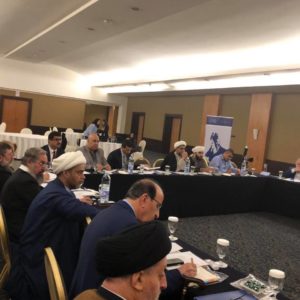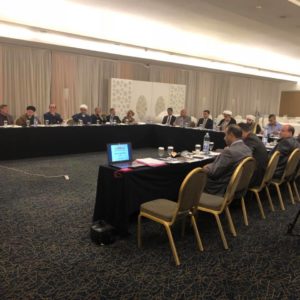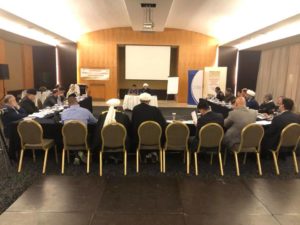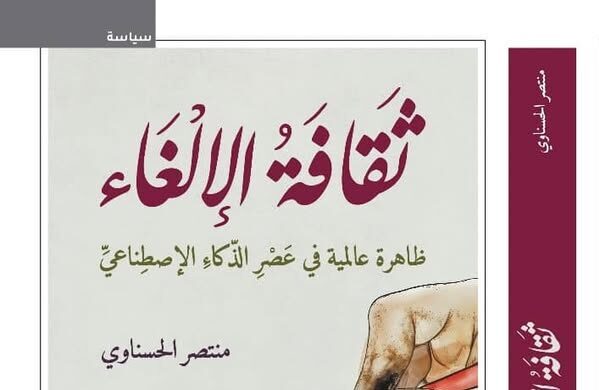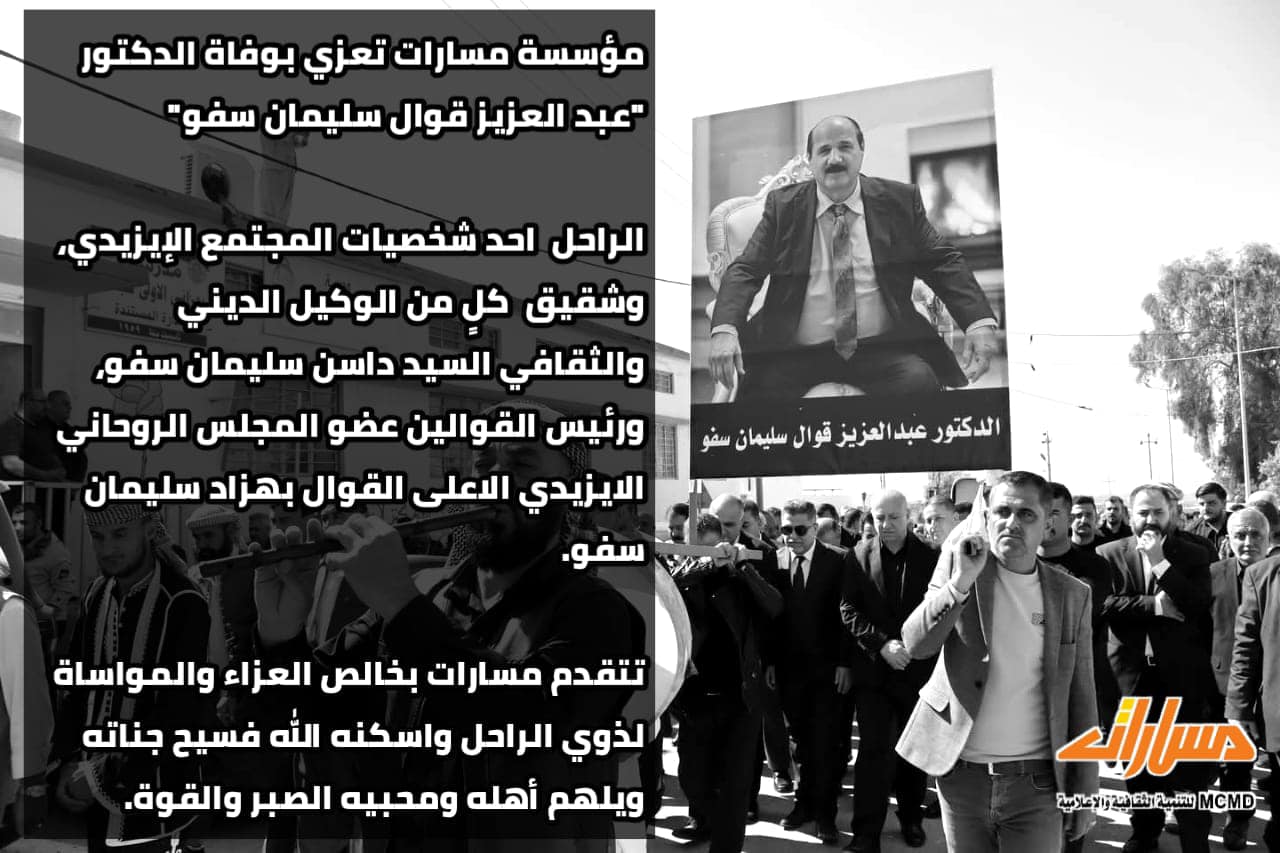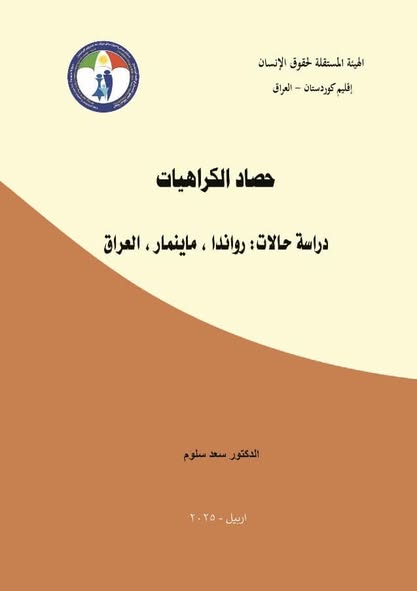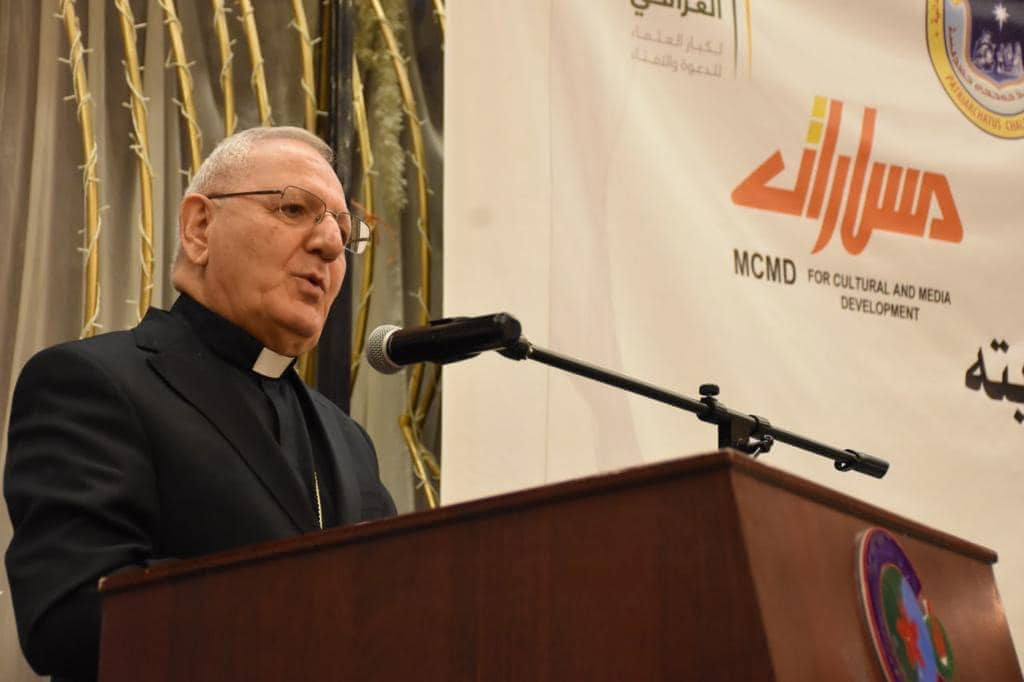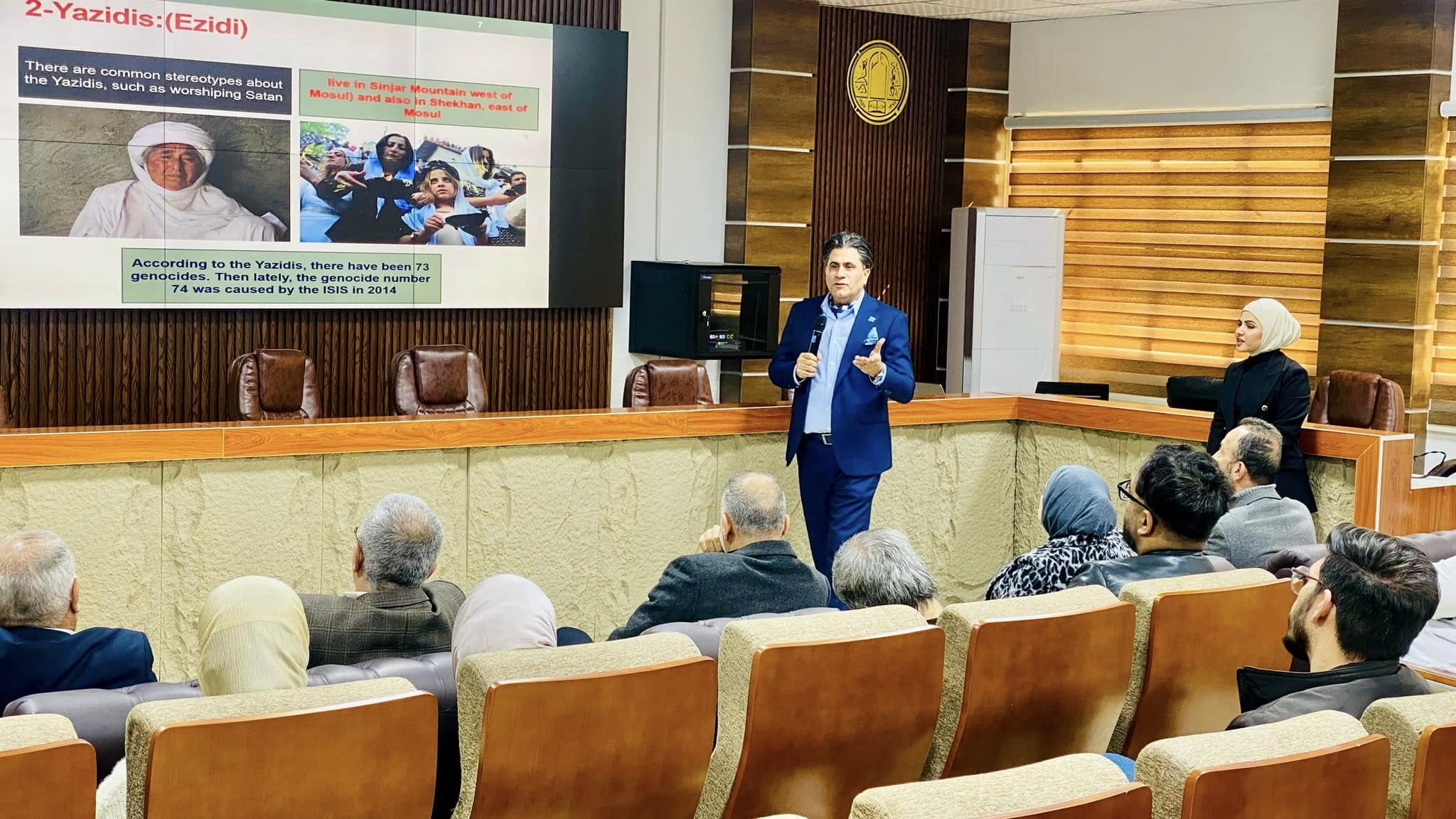A group of 17 Iraqi religious, community and academic leaders, along with journalists and civil activists, launched a center to confront hate speech in Iraq in a founding meeting in Beirut, Capital of Lebanon.
After two days of discussions and deliberations, an announcement of establishing the Center was made. According to its founding statement, the Center will carry out a number of tasks, most notably: monitoring the hate messages delivered from various political, religious and media sources, analyzing these messages, and highlighting their negative impact and outcomes on the political, social and psychological stability of Iraqi society. In addition, the center shall issue a regular list of the most prominent ideas and the main entities that produce and spread hatred, and doing some actions to contain such ideas from sources and platforms, by making some joint meetings with them and caution them as per the seriousness of such ideas and messages.
The center as shall seek as well to conduct dialogue with the responsible authorities in the legislative and executive branches to find legal ways, design formal policies, and draft some legislations to limit the spread of hate speech and prohibit it and to punish those who spread it.
In this context, Father Mayser Al-Mukhlisi, representative of Patriarch Sako, pointed out that the supreme goal of establishing the Center is to gather representatives of different nationalities, religious groups and sects in Iraq, so as to rebuild trust in the post-ISIS era, in a way that enhances the cohesion of society and the coexistence of its different components. Hassan Nazem, director of the UNESCO Chair for Interfaith Dialogue at the University of Kufa, pointed out that the establishment of such a center “is an event that has been delayed for many years, year in which the discourse of hatred, violence and death flourished”. He added that “MASARAT Foundation mobilized powerful institutions for this noble goal, will work with it to enhance the principles of accepting the other rather than inciting hate against him/her.” The center, which is part of the structure of the MASARAT Foundation for Cultural and Media Development on Multiculturalism and Interfaith Dialogue, came after two years of observing, monitoring and analyzing hate speech. A study conducted by MASARAT reached at some significant results, at the top of which is that of the exposure of Iraqi citizen’s exposure to dozens of hate messages issued by political, religious and media leaders. In the words of “Saad Salloum,” Director of MASARAT Foundation, such messages resulted in further violence and political, social and security instability, and stimulated violence against the other. Therefore, the establishment of a specialized center to confront such speeches has become an urgent national need. In response to such need, the founders of this Center announced in Beirut on 16 March 2018 the followings: “We, religious and academic leaders and civil and media activists from different religions, sects, nationalities and specialties, hereby announce the launch of a Center for Combating messages of hate in Iraq, due to our sense of responsibility imposed on us by our humanitarian and moral and national duty. ” Among the most prominent founders of this center, who represent academic, religious and civil institutions, there is the representative of Dar al-Ulm of al-Khuweiy in Najaf, the UNESCO Chair for Interfaith Dialogue at the University of Kufa; Prof. Dr. Abdul Amir Al-Assadi, Dean of the Faculty of Political Science at Mustansiriya University, Prof. Dr. Muhammed al-Turayhi,, Dean of College of Islamic Sciences at the University of Baghdad, the representative of the Patriarch Louis Sako of the Chaldean Church in Iraq and the world, Father “Faez Bashir” the Anglican Church patron in Iraq, Mrs. Nadia Fadhil, Director of the endowment council of Sabbi Mandaean in the Republic of Iraq, and Sheikh “Abdullah Saleh” representative of Moderation Front in Iraq, and Dr. Khalil Jundi representative of the Yezidis. In addition, there is the well-known Civil activist Abdulaziz Younis from Mousil, professor Ali Khalaf from University of Basrah, and a reprehensive of the Iraq Interfaith Council as well as some representatives from Iraqi media.
It is worth mentioning that the founding meeting of the center, which was held in the Lebanese capital Beirut, was supported by the Konrad Adenauer Foundation, one of the largest political institutions in Germany, which is very close to the ruling party led by Chancellor Angela Merkel.
